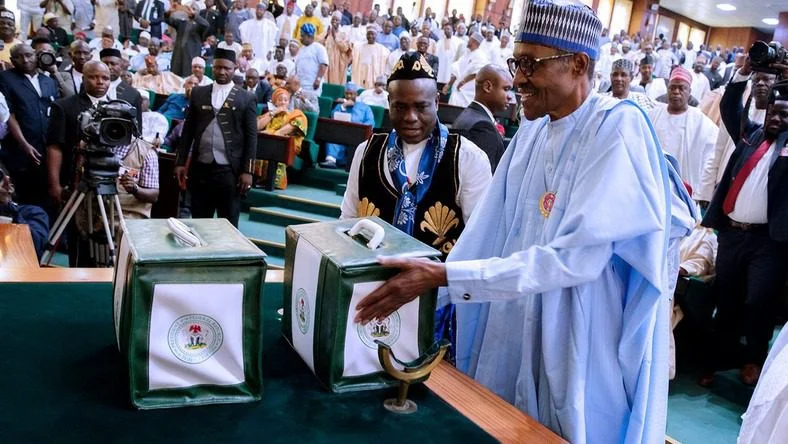The Lagos Chamber of Commerce and Industry (LCCI) has urged the Federal Government to adopt equity financing as the primary means to fund budget deficits, instead of relying on continuous debt issuance, which carries heavy interest burdens.
LCCI President, Dr. Michael Olawale-Cole, made the recommendation on Tuesday during the Chamber’s quarterly briefing on the State of the Economy in Lagos. He also commended the government for its planned electronic payments from the public treasury starting March 1, 2023.
Equity Financing as an Alternative to Debt
Dr. Olawale-Cole said:
“Can we issue equity to finance the deficit instead of using debt? Our approach should not be to continue issuing only debt, especially with the increasingly unbearable burden of interest payments that exposes our fiscal vulnerability. Massive equity financing is the choice we should all urge the federal government to consider now.”
He explained that adopting equity financing could reduce colossal interest payments and allow some proceeds to be used to pay down existing debt, making the fiscal situation more sustainable and boosting confidence in Nigeria’s economic resilience.
Debt Servicing Challenges
Commenting on the N5.24 trillion spent by the Federal Government on debt servicing in 2022, Olawale-Cole noted:
“The amount puts the country’s debt service-to-revenue ratio at 80.6 percent, far above the World Bank’s recommended 22.5 percent for low-income countries like Nigeria. Borrowing to fund subsidies, which is spending money we do not have, is totally unsustainable.”
Commendation for Electronic Payments Policy
The LCCI president praised the planned policy mandating that all payments from the public treasury be done electronically from March 1, 2023, noting that effective implementation will deepen Nigeria’s cashless economy.






